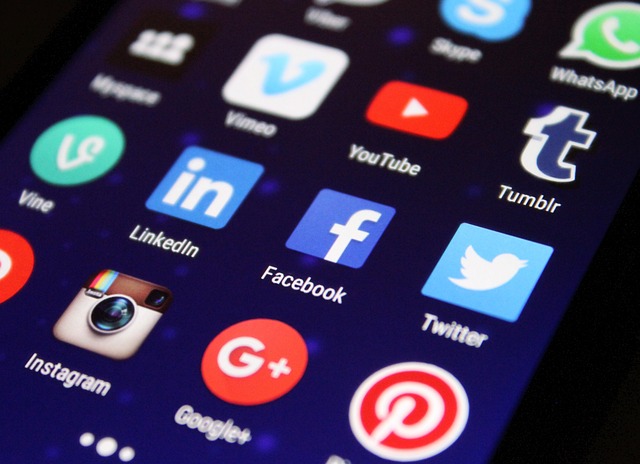
Healing Bonds: Relationship Advice for Building Loyalty Through Therapy
In every relationship, whether romantic or platonic, loyalty is the bedrock that holds it all together. However, establishing and maintaining this loyalty can be a challenge. One powerful tool that couples and friends can utilize is therapy. Therapy is not just for those who are in crisis; it is a valuable resource for any relationship seeking deeper understanding and connection.
When we talk about relationship advice, one of the key aspects often overlooked is the importance of effective communication. In therapy, communication is often a focal point. Through guided sessions, individuals can learn how to express their needs and feelings without fear of judgment. This leads to increased transparency, which is crucial for fostering loyalty. When both parties feel safe to share their thoughts, it cultivates an environment of trust.
Another significant benefit of therapy is that it helps individuals understand their triggers and past traumas. Many issues in relationships stem from unresolved feelings or experiences that influence current behaviors. In therapy, individuals can unravel these emotions, offering clarity in their communication with each other. This self-awareness is vital for building loyalty, as it prevents misunderstandings and unnecessary conflicts.
Moreover, therapy encourages empathy and compassion. Couples often find themselves trapped in cycles of blame, where each party feels victimized by the other. Therapy sessions can help both partners step into each other’s shoes, fostering a deeper understanding of their perspectives. By recognizing that both individuals are flawed and imperfect, loyalty can flourish, leading to more meaningful connections.
It’s also essential to celebrate the small victories in a relationship. Therapy can guide partners in recognizing and appreciating each other’s efforts and growth. When both parties acknowledge one another’s progress, it reinforces a sense of partnership, further deepening the bond. This is a critical aspect of loyalty—acknowledging and valuing the love and hard work that one puts into the relationship.
Additionally, therapy offers tools for conflict resolution that can strengthen relationships over time. Learning how to navigate disagreements healthily promotes loyalty and ensures that conflicts do not lead to resentment. By applying these techniques, individuals can work through their differences, turning potential pitfalls into opportunities for growth and connection.
Finally, therapy is a commitment to the relationship itself. Choosing to engage in this process shows that individuals are willing to invest time and effort into nurturing their bond. This act of commitment is a testament to loyalty—a promise to work through challenges together, allowing the relationship to thrive.
Incorporating therapy into your relationship journey can create a safe space where loyalty is nurtured and celebrated. By fostering open communication, empathy, and conflict resolution skills, partners can build a resilient and lasting bond. Remember, every relationship has its ups and downs; it’s how we navigate these moments that define our loyalty and commitment to one another.


